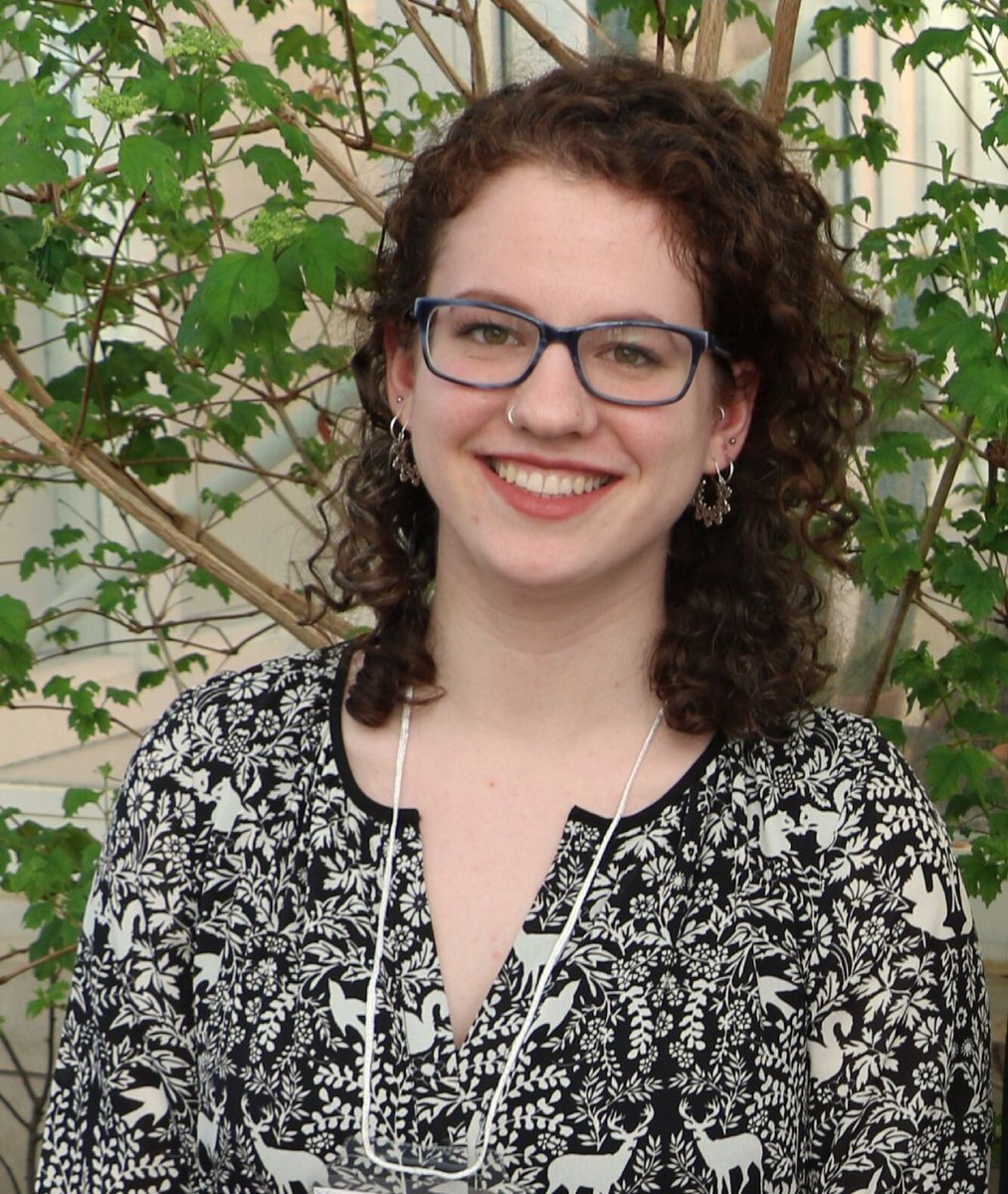Queer Atlantic Canadian STEMist - Rachel Clarke

Name: Rachel Clarke
How do you Identify: Queer and bisexual
Twitter: @RachelGClarke
Current Job: MSc. candidate
Scientific Field/Discipline: Mercury photochemistry
Affiliation: Acadia University
Tell Us about yourself:
I study at Acadia University, I’m also queer and bisexual. I am an eclectic environmentalist, a novice knitter, a devoted cat-Mom, and an avid podcast listener. Aside from my research, I am interested in science communication and LGBTQ+, mental health stigma, and feminist issues.
Tell us about your work
Mercury, a neurotoxic and endocrine-disrupting chemical, can be removed naturally from water through a chemical reaction called photoreduction, which is facilitated by ultraviolet (UV) radiation. My research project aims to get a better idea of how salinity and dissolved organic matter concentration influence these chemical reactions in estuaries. Understanding these factors can help us better predict mercury retention in these environments. My research is supported by the Arthur Irving Graduate Scholarship in Environmental Studies and an NSERC Canada Graduate Scholarship.
How is your work informed by your identity as an LGBTQ+ person?
My identity as an aspiring scientist and my sexual identity are two very large parts of who I am. As someone who identifies as bisexual, being comfortable and secure in myself has been very important to me. I am more passionate about and am more fulfilled by my work when I am comfortable and secure in my work environment, and strive to help build and maintain work environments that help people feel the same way.
Who are your LGBTQ+ role models?
Alan Turing, considered by many to be the father of theoretical computer science, wasn’t given the credit he deserved because he was gay, and ultimately died by suicide at 41 years old. He made a very large contribution to the World War II effort and modern technology, and his loss is an example of the collective loss of potential knowledge from members of the LGBTQ+ community who are discouraged from pursuing science.
QAtCanSTEM’s own founder Landon Getz has also become a role model of mine. I admire his passion for LGBTQ+ advocacy and community building, and I’m very excited to see what QAtCanSTEM becomes with his leadership!
Where do you see yourself in 5 - 10 years?
I have not yet decided what career route I want to pursue after my Master’s degree. I have been exploring many options that could lead me down many different roads, but the only thing I see clearly 5 - 10 years in the future is being involved in science. In short, I hope to still be happy and fulfilled with the work I’m doing in the future.
What would you like to change about Academia (or equivalent) to make it more welcoming to LGBTQ+ folks?
Feeling like you have to hide who you are as LGBTQ+ to succeed is incredibly disheartening and stifling. Having to be two different people on a daily basis is exhausting, and in general I think our work environments should strive to foster acceptance and diversity. Everyone should be able to be who they are without fear!
Any other comments?
If you can attend QAtCanSTEM, I look forward to meeting you soon!